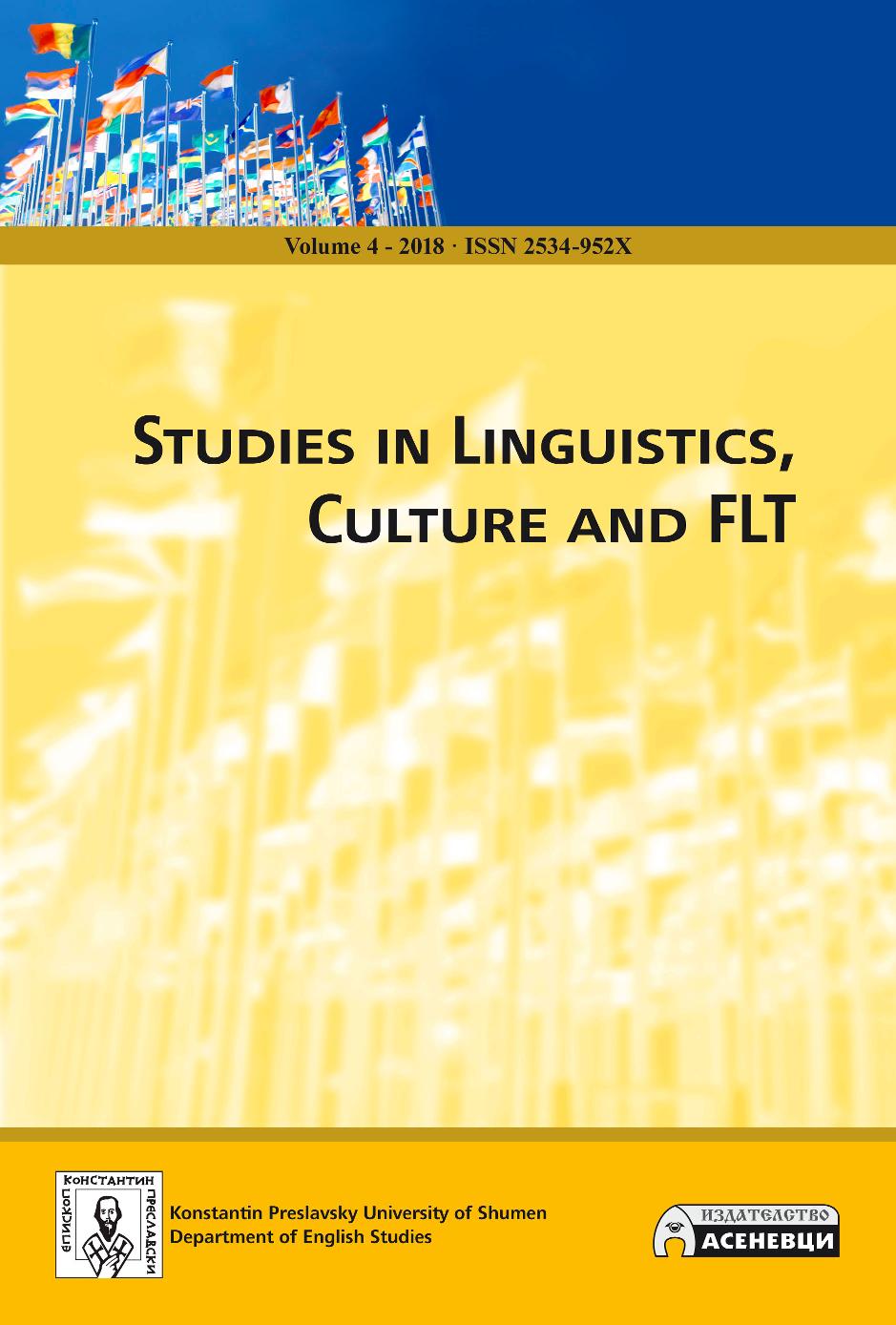Past-Time Reference, Tense, And Aspect
Past-Time Reference, Tense, And Aspect
Past Simple and Present Perfect
Author(s): Miroslava TsvetkovaSubject(s): Foreign languages learning, Descriptive linguistics
Published by: Шуменски университет »Епископ Константин Преславски«
Keywords: time; tense; aspect;
Summary/Abstract: Stemming from the most common errors in the use of English tenses by Bulgarian learners, the article deals with the comparison and contrast between the Past Simple and the Present Perfect as special attention is paid to their temporal and aspectual meanings. For non-native speakers the distinction and the relationship between time, tense, and aspect can be confusing. Time can refer to the past, present, or future, tense generally describes an action or state in the present or past, while aspect is concerned with the duration and completion/incompletion of the process. The article aims at locating the study within the broader theoretical framework of how temporality is expressed linguistically and in relation to the temporal adverbials.Tests made by undergraduates of Primary Education with a Foreign Language (English) are analysed in order to interpret temporality. Various semantic restrictions typical of the perfect in English are outlined. The focus of the discussion is mainly seen from a teaching point of view.
Journal: Studies in Linguistics, Culture, and FLT
- Issue Year: 4/2018
- Issue No: 2
- Page Range: 98-105
- Page Count: 8
- Language: English

